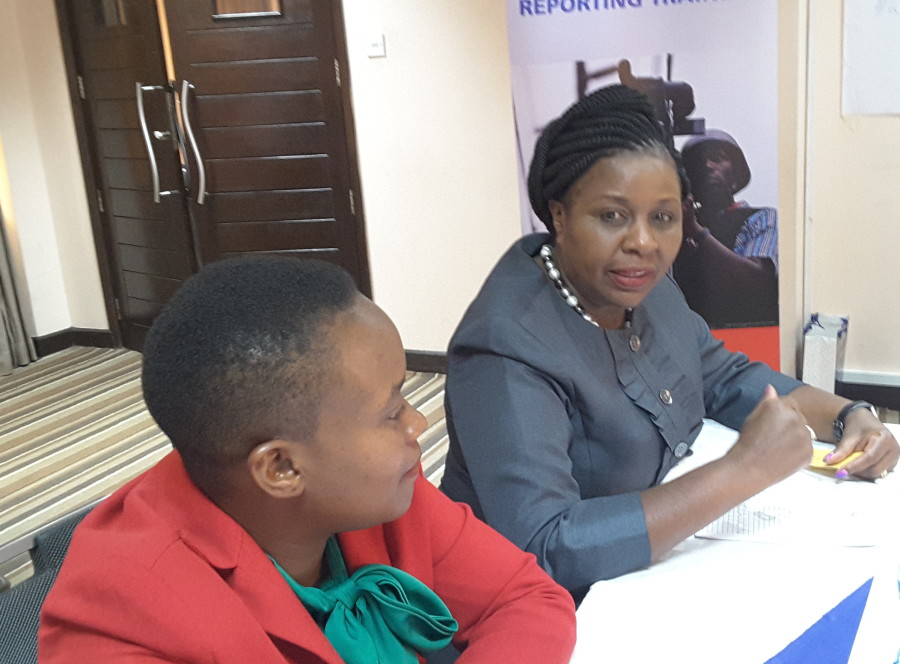The media has been challenged to give more coverage to women aspirants in order to address gender imbalance in Kenya’s politics.
The Deputy Speaker in the National Assembly, Hon. Joyce Laboso has expressed concern about the limited or no coverage given to the women aspirants by the media as compared to the male counterparts during the electioneering period.
Speaking at a media workshop on Elections and Conflict Sensitive Reporting organized by Act! in partnership with the Royal Danish Embassy and the Nation Media Group(NMG) in Nairobi, Hon. Laboso said women should not be viewed as lesser candidates but rather capable leaders who understand the issues affecting communities.
“Gender bias in reporting is a plague to women’s candidacy. It is important for women’s voices to be mainstreamed.” she said.
The Deputy Speaker who is also a gubernatorial aspirant for Bomet County, called on the media to help raise the visibility of women especially those who are new entrants to politics.
Her sentiments were echoed by Rose Lukalo from the Media Policy and Research Center who noted that the media has over the years given more coverage to prominent politicians at the expense of women and young aspirants who have well drawn manifestos.
Through the Peace, Security and Stability Program with support from the Royal Danish Embassy, Act! is supporting a series of trainings with a view to expand the knowledge of NMG journalists on how to report on conflicts, elections and violent extremism issues.
The trainings will also enhance journalists’ understanding and knowledge on electoral processes as well as contributing to the development of media content that promotes the visibility of women aspirants in the forthcoming general elections.
“Traditionally the media have portrayed women as victims. There is need to avoid the use of sensationalized language when women are covered in the media.” explained Lukalo.
She however pointed out that there is need for the media to be sensitized to be on the look out for women’s voices in a bid to address the gender gap in the run-up to the general elections.
‘It is also important that we empower women at the grassroots on basic skills so that they are able to communicate their manifestos,” she said.
Aside from offering financial resource base for women aspirants, Lukalo called on organizations working on conflict and peace building as well as the media to create platforms for women to speak out on their development agenda.























